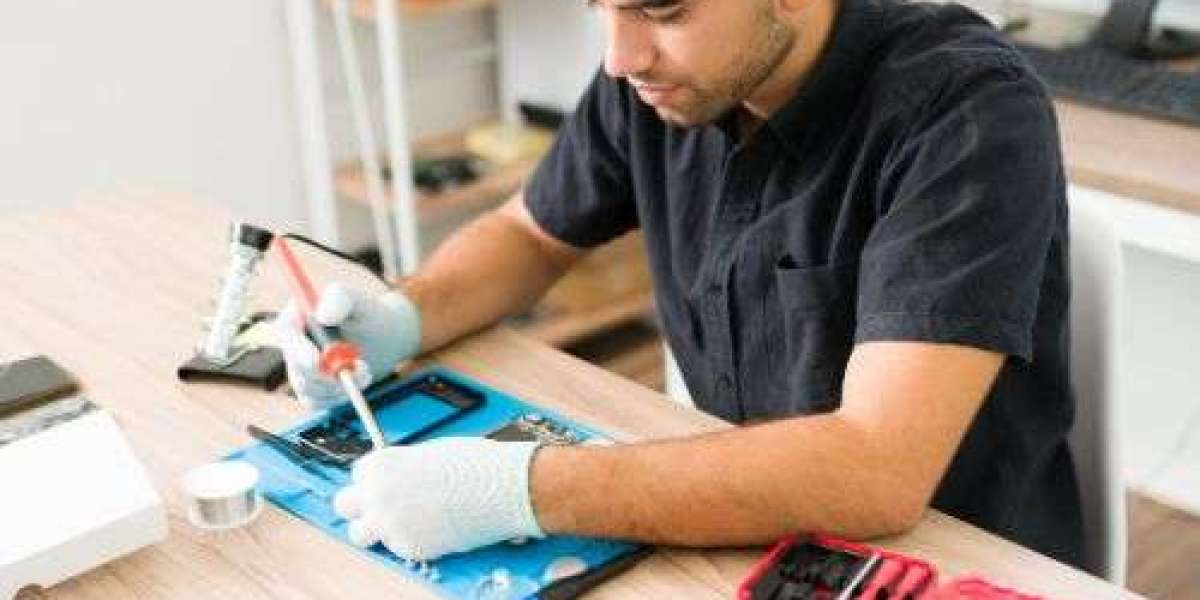A nosebleed, also known as epistaxis, is a common occurrence that can happen to people of all ages. Most nosebleeds are not serious and can be stopped at home with simple first aid. However, if you have frequent nosebleeds or if your nosebleed is severe, you should see a doctor.
What Causes Nosebleeds?
There are many things that can cause a nosebleed, including:
- Dry air: Dry air can irritate the lining of the nose and make it more likely to bleed.
- Picking your nose: Picking your nose can damage the lining of the nose and cause a bleed.
- Blowing your nose too hard: Blowing your nose too hard can also damage the lining of the nose and cause a bleed.
- Viral infections: Viral infections, such as the common cold or the flu, can irritate the lining of the nose and make it more likely to bleed.
- Allergic rhinitis: Allergic rhinitis, or hay fever, can also irritate the lining of the nose and make it more likely to bleed.
- High blood pressure: High blood pressure can cause blood vessels in the nose to rupture, leading to a nosebleed.
- Medications: Some medications, such as blood thinners, can increase the risk of nosebleeds.
How to Stop a Nosebleed
If you have a nosebleed, the first thing you should do is stay calm. Panicking can make the bleeding worse.
Here are the steps on how to stop a nosebleed:
- Sit down and lean forward slightly. This will help to keep the blood from running down your throat.
- Pinch the soft part of your nose, just above your nostrils, for 10 minutes. This will help to apply pressure to the bleeding blood vessels.
- If the bleeding doesn't stop after 10 minutes, you can try applying an ice pack to the bridge of your nose. This will help to constrict the blood vessels and stop the bleeding.
- If the bleeding is still not stopping after 20 minutes, you should see a doctor.
Here are some additional tips to help prevent nosebleeds:
- Keep your nose moist: Dry air can irritate the lining of the nose and make it more likely to bleed. You can keep your nose moist by using a saline nasal spray or by applying a thin layer of petroleum jelly to the inside of your nostrils.
- Avoid picking your nose: Picking your nose can damage the lining of the nose and cause a bleed.
- Blow your nose gently: Blowing your nose too hard can damage the lining of the nose and cause a bleed.
- Take medications as directed: If you are taking medications that can increase your risk of nosebleeds, be sure to take them as directed.
- See a doctor if you have frequent nosebleeds: If you have frequent nosebleeds, you should see a doctor to rule out any underlying medical conditions.
If you have a nosebleed, you can visit Access Healthcare Physicians LLC for treatment. We offer a variety of services to help you stop your nosebleed and prevent future bleeds. We also offer a variety of other services, including general medical care, urgent care, and women's health care. Contact us today to learn more about our services and how we can help you.









